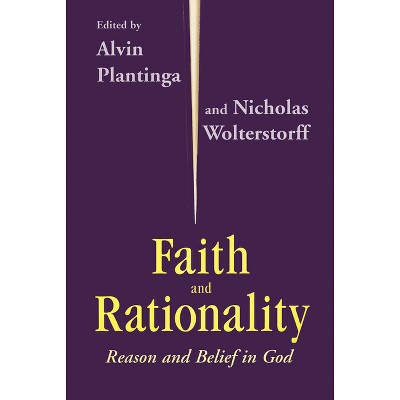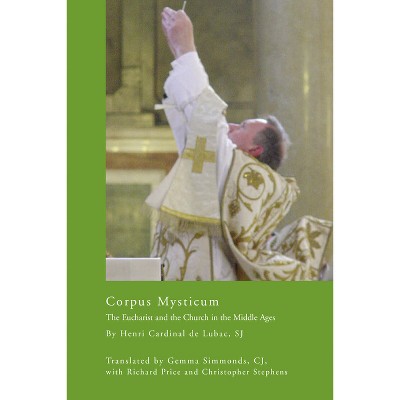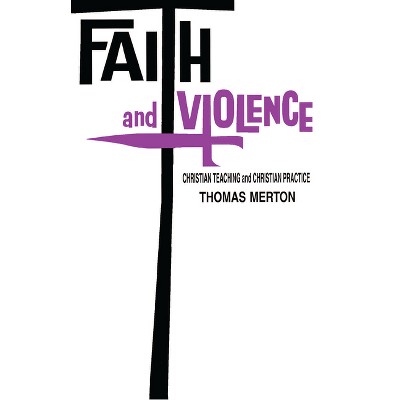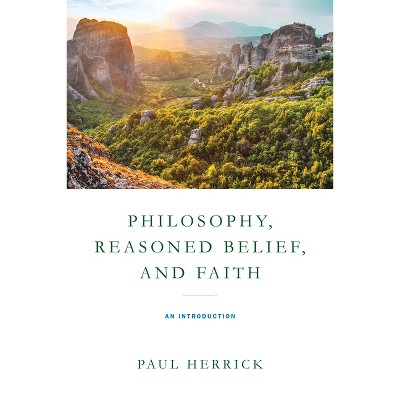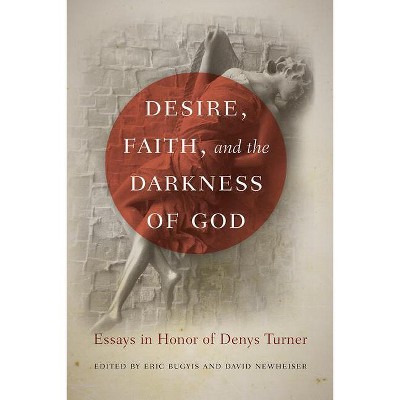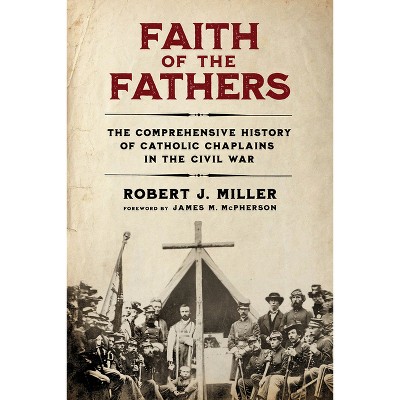Sponsored

Modern Physics and Ancient Faith - by Stephen M Barr
In Stock
Sponsored
About this item
Highlights
- A considerable amount of public debate and media print has been devoted to the "war between science and religion.
- About the Author: Stephen M. Barr is professor of physics and director of the Bartol Research Institute, University of Delaware.
- 328 Pages
- Religion + Beliefs, Religion & Science
Description
About the Book
Modern Physics and Ancient Faith argues that modern physics is more compatible with the central teachings of Christianity and Judaism than with the atheistic viewpoint of scientific materialism.
Book Synopsis
A considerable amount of public debate and media print has been devoted to the "war between science and religion." In his accessible and eminently readable new book, Stephen M. Barr demonstrates that what is really at war with religion is not science itself, but a philosophy called scientific materialism. Modern Physics and Ancient Faith argues that the great discoveries of modern physics are more compatible with the central teachings of Christianity and Judaism about God, the cosmos, and the human soul than with the atheistic viewpoint of scientific materialism. Scientific materialism grew out of scientific discoveries made from the time of Copernicus up to the beginning of the twentieth century. These discoveries led many thoughtful people to the conclusion that the universe has no cause or purpose, that the human race is an accidental by-product of blind material forces, and that the ultimate reality is matter itself. Barr contends that the revolutionary discoveries of the twentieth century run counter to this line of thought. He uses five of these discoveries--the Big Bang theory, unified field theories, anthropic coincidences, Gödel's Theorem in mathematics, and quantum theory--to cast serious doubt on the materialist's view of the world and to give greater credence to Judeo-Christian claims about God and the universe. Written in clear language, Barr's rigorous and fair text explains modern physics to general readers without oversimplification. Using the insights of modern physics, he reveals that modern scientific discoveries and religious faith are deeply consonant. Anyone with an interest in science and religion will find Modern Physics and Ancient Faith invaluable.
Review Quotes
"Written from the viewpoint of an accomplished physicist, this book is an invaluable contribution to the growing interest in the relationship between science and religion. The arguments are rigorously logical and the documentation is excellent."
"Barr's background in theology, apparent in his discussions of Thomas Aquinas, serves him well as he shows that the argument is not between religion and science per se but between religion and scientific materialism, the philosophy that sees as real only what can be measured and observed. Writing in a popular style, Barr makes both modern physics and theology understandable to the lay reader."--Library Journal
"Stephen Barr does heroic service with his book Modern Physics and Ancient Faith as a revolutionary insurgent within the intellectual hegemony of modern scientific materialism...Barr's strong and well-written arguments...open up the debate for more fundamental critiques that must necessarily come from outside the paradigm."--Crisis Magazine
"Stephen M. Barr's book energizes the reader, since its philosophical positions are well argued, its writing is clear and accessible, and its religious affirmations are provocative for believers and nonbelievers alike...His responses to the cruder materialist arguments are deftly executed and highly convincing, drawing upon history, clarifying often misunderstood theological concepts and discussing the relationship of faith and reason in traditional Catholicism and Protestantism."--Christian Century
"Physicist Barr deploys his scientific expertise to challenge the dogmas of materialism and to assert his belief that nothing explains the order of the galaxies better than divine design."--Booklist
About the Author
Stephen M. Barr is professor of physics and director of the Bartol Research Institute, University of Delaware.






